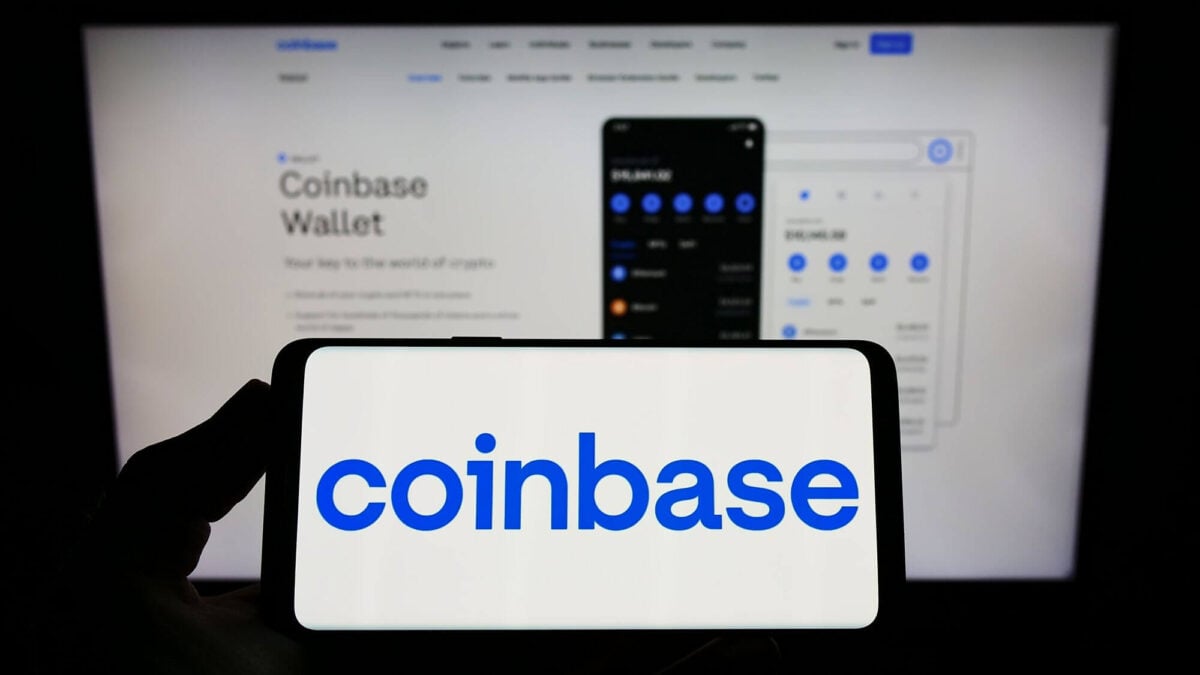TLDR
- Coinbase CEO Brian Armstrong announced plans to build a financial “super app” offering all types of financial services beyond just crypto trading
- The company wants to become users’ primary financial account, replacing traditional banks with crypto-powered services
- Armstrong criticized current banking fees of 2-3% per credit card swipe, arguing crypto rails could make payments nearly free
- He predicted Bitcoin could reach $1 million by 2030 due to regulatory clarity, ETF inflows, and potential U.S. strategic reserve
- Tensions emerge over yield-bearing stablecoins as traditional banks lobby against crypto rewards programs
Coinbase CEO Brian Armstrong revealed ambitious plans to transform the crypto exchange into a comprehensive financial platform. Speaking on Fox Business, Armstrong outlined his vision for a “super app” that would handle all financial services through cryptocurrency infrastructure.
🚨BREAKING: Coinbase CEO – Brian Armstrong says: “Yes, we do want to become a super app and provide all types of financial services. We want to become people’s primary financial account and I think that crypto has a right to do that.” #XRP pic.twitter.com/2t7QwOqh8z
— JackTheRippler ©️ (@RippleXrpie) September 21, 2025
The company aims to become users’ primary financial account rather than just a crypto trading platform. Armstrong explained that Coinbase wants to integrate services typically offered by banks and fintech companies but deliver them using crypto technology for faster and cheaper transactions.
Armstrong pointed to Coinbase’s new credit card offering 4% Bitcoin rewards as an early example of this strategy. He criticized traditional payment systems, questioning why consumers pay 2-3% fees for credit card transactions when the process involves simple data transfer over the internet.
The CEO argued that crypto rails could make payments nearly free or extremely low cost. This approach would challenge the current banking model where card networks generate billions in swipe fees from merchants and consumers.
Regulatory Progress Fuels Expansion Plans
Armstrong described the current regulatory environment as the most favorable he has seen for crypto. He pointed to recent legislative progress including the GENIUS Act, which established stablecoin regulations, and ongoing Senate discussions about market structure bills.
The CEO characterized the regulatory momentum as a “freight train” that has already left the station. This bipartisan congressional support provides the foundation for Coinbase’s expanded financial services plans.
However, Armstrong identified traditional bank lobbying as a remaining obstacle. He said some institutions are trying to restrict stablecoin rewards programs, claiming they would disrupt the payments industry.
Armstrong dismissed these concerns, comparing crypto rewards to airline miles or credit card points. He argued that American consumers should be allowed to earn higher returns on their money through these programs.
Despite the lobbying pressure, Armstrong noted that Coinbase partners with major banks like JPMorgan and PNC for custody and payment services. This cooperation shows parts of the traditional financial sector are embracing crypto infrastructure.
Competition and Market Position
The CEO welcomed competition from new exchanges entering the U.S. market, including platforms from Gemini and others. Armstrong said Coinbase benefits from its early market entry and established trust with customers.
Coinbase currently stores more cryptocurrency than any other provider, which Armstrong believes encourages customers to use additional services beyond trading. The platform recently integrated decentralized lending protocol Morpho, allowing users to lend USDC directly without third-party DeFi platforms.
Bitcoin Price Predictions and Market Outlook
Armstrong avoided short-term market predictions but expressed confidence about Bitcoin’s long-term potential. He said there is a “good chance” Bitcoin could reach $1 million by 2030.
The CEO cited three factors supporting this outlook: regulatory clarity, potential creation of a U.S. strategic Bitcoin reserve, and continued inflows into Bitcoin ETFs. He noted that 80% of Bitcoin ETF assets rely on Coinbase for custody services.
Armstrong described Bitcoin’s investment appeal as combining characteristics of both gold and equities. Many investors now view Bitcoin as both a hedge against economic uncertainty and a long-term growth asset.
The CEO’s super app vision mirrors similar plans from other fintech companies, including Robinhood, which also aims to become customers’ primary financial platform beyond trading services.







